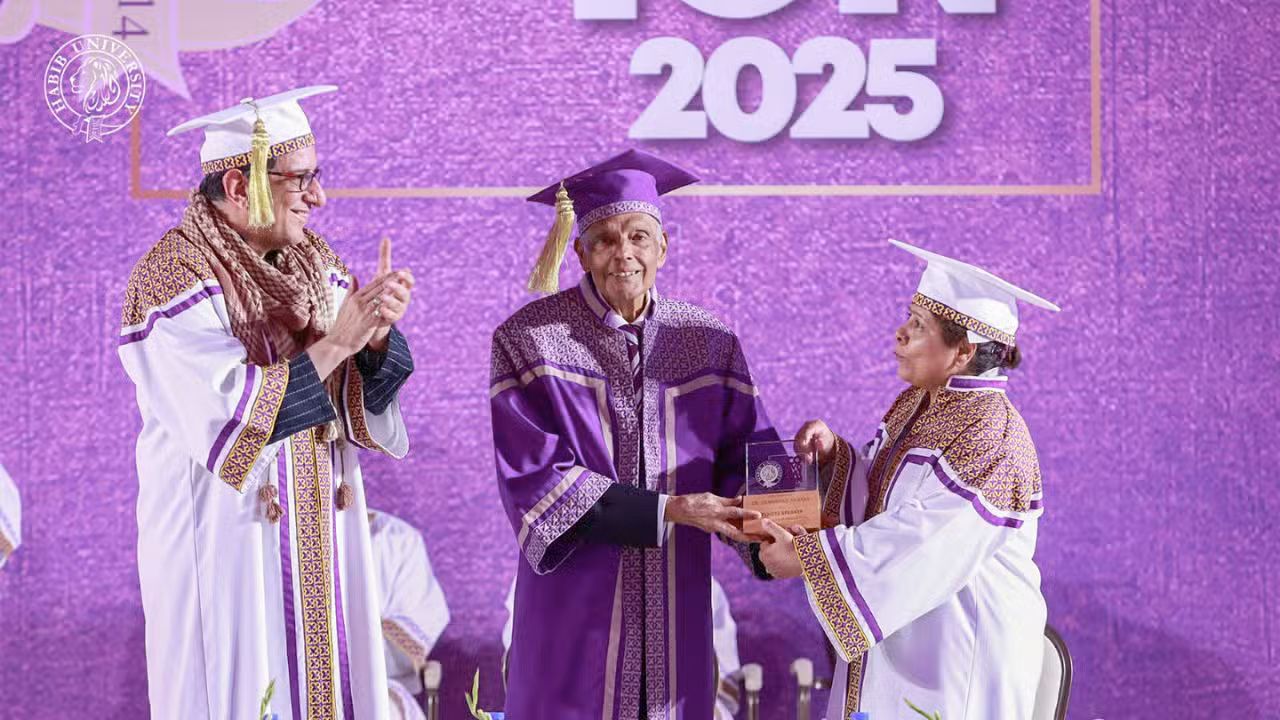The Federation of Pakistan Chambers of Commerce & Industry (FPCCI) has presented its Charter of Economy to Finance Minister Muhammad Aurangzeb, aiming to build political consensus on economic reforms and drive sustainable growth.
Read More: Samba Bank Moves Toward Full Islamic Banking Conversion
A delegation led by FPCCI President Atif Ikram, Patron-in-Chief S. M. Tanveer, and Senator Noman Wazir, Chief Executive of FF Steel, KPK, met with the finance minister to outline key proposals. The charter seeks to address Pakistan’s economic challenges by engaging all stakeholders, including political parties, to create a long-term strategy for growth and stability. The FPCCI emphasized that the plan prioritizes economic development, especially for Pakistan’s growing youth population.
During the meeting, Senator Noman Wazir Khattak presented recommendations focusing on policy reforms, energy efficiency, financial sector restructuring, and trade expansion. One major proposal was the reorganization of specialized civil services, advocating for dedicated policy groups in critical sectors like energy, finance, and industry to ensure informed decision-making.
The charter also highlighted the importance of renewable energy, calling for a shift to solar and wind power as cost-effective solutions. It proposed limiting wheeling charges for the Competitive Trading Bilateral Contract Market (CTBCM) to Rs4 per KWh. Additionally, the FPCCI stressed the need for a stable exchange rate to support exports and discourage imports that fail to meet Pakistan Standards and Quality Control Authority (PSQCA) regulations.
Financial sector reforms were another key focus, with the charter recommending that at least 20% of bank lending be allocated to long-term capital expenditure (CAPEX) and 10% to startup CAPEX. A uniform gas pricing structure across industries was also proposed to promote industrial growth.
The FPCCI suggested transferring ownership of State-Owned Enterprises (SOEs) to employees, allowing them to manage or privatize them while converting pension funds into equity. Other recommendations included strengthening debt management, improving trade partnerships, enhancing tax compliance, and digitalizing governance. Progressive taxation in agriculture, pension and welfare reforms, and improvements in bankruptcy laws were also proposed.
Finance Minister Muhammad Aurangzeb welcomed the initiative, praising the FPCCI for presenting a comprehensive and timely roadmap. He reiterated that Pakistan’s economic recovery requires sustained, long-term reforms rather than quick fixes, emphasizing the importance of collaboration between the public and private sectors.




